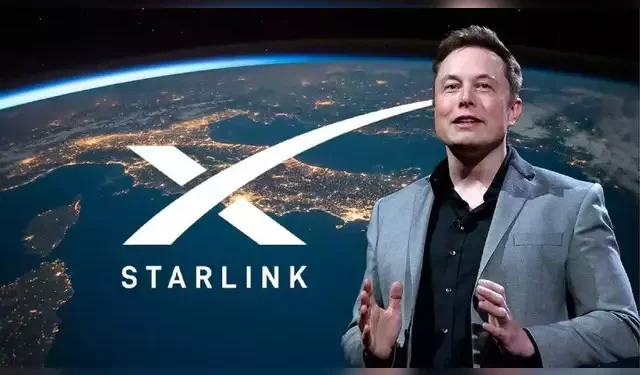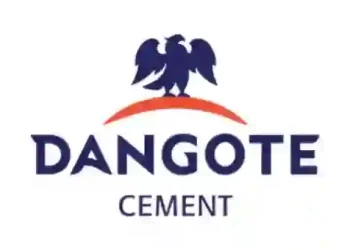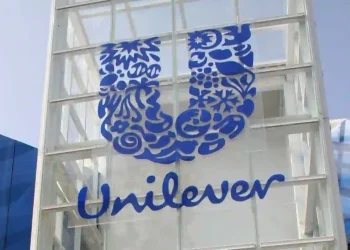Elon Musk’s Starlink recently went live in Niger after the nation’s military government handed the company a five-year license to operate in March, making it the latest African country to greenlight Starlink after Liberia did same earlier in the year.
The company’s journey on the continent began with Nigeria as far back as January 2023, when it made a statement by launching in Africa’s most populous country. By October in the same year, Starlink was already operating in 7 nations, including Nigeria, Kenya, Mozambique, Rwanda, Malawi and Zambia.
Since 2023, its expansion has guaranteed its presence in at least 18 countries across Africa, and the purpose of its existence remains enhancing internet access all over the continent, where just 40% of its entire 1.3 billion population is online, the lowest internet penetration rate across the globe.
However, it hasn’t been all rosy since the company arrived in Africa, as Starlink is still finding it hard to penetrate some other nations due to regulatory approval problems. For instance, despite establishing its presence in various neighbouring countries, Starlink is yet to begin operations in South Africa, Africa’s most successful economy, in 2025.
Discussions to seal its break into the SA market have stalled so many times, even as South African citizens lament the need for more efficient internet options. As of today, 16th of April 2025, Starlink serves more than 2.6 million users all over the world with a network of about 5,500 satellites that SpaceX began to launch 6 years ago.
African Countries Where Elon Musk’s Starlink Is Established In 2025:
- Nigeria – January, 2023.
- Rwanda – February, 2023.
- Mozambique – June, 2023.
- Kenya – July, 2023.
- Malawi – July, 2023.
- Botswana – August, 2023.
- Benin – November, 2023.
- Zambia – November, 2023.
- Eswatini – December, 2023.
- Sierra Leone – June, 2024.
- South Sudan – July, 2024.
- Madagascar – July, 2024.
- Ghana – August, 2024.
- Zimbabwe – September, 2024.
- Burundi – September, 2024.
- Cape Verde – December, 2024.
- Liberia – January, 2025.
- Niger – March, 2025.
Starlink In Nigeria:
Elon Musk’s Starlink is currently a major internet service provider in Nigeria, and that is all thanks to its dependable and fast-speed access. Its remarkable success in the country has drastically reduced the number of subscribers local internet service providers now cater to, instigating cries about unfair competition.
The Starlink kit has taken over the popular Computer Village in Ikeja, Lagos, and the satellite dishes are highly appreciated for their unique white faces and applaudable ease of use. Guaranteeing seamless internet availability for Nigerians, its existence duly stands for a technological achievement across the country, especially at locations where terrestrial broadband or wireless options are often scarce or unreliable.
Starlink’s growth has been frowned upon by local competitors over the years, and after the company raised subscription prices months back, local operators accused national regulator, the Nigerian Communications Commission (NCC), of double standards since their own plea for tariff reviews was shut down.
Reacting, an NCC spokesperson said the commission has always prioritised a level-playing environment that empowers every licensed operator in the country, including Starlink, to innovate and develop according to market demands.
“In recent times, the commission has observed growing interest from both established global players and new entrants (especially those providing emerging satellite services) seeking to enter the Nigerian market. This level of engagement reflects growing investor confidence in Nigeria’s digital economy and the enabling environment provided by the commission,” the spokesperson said.





















